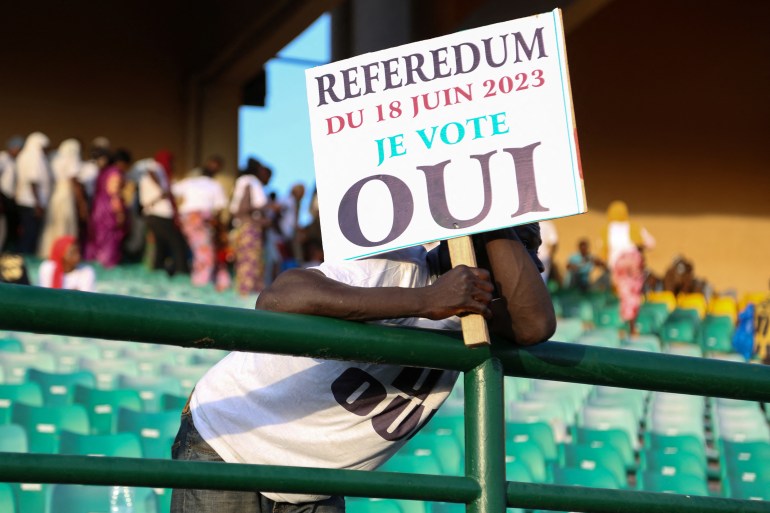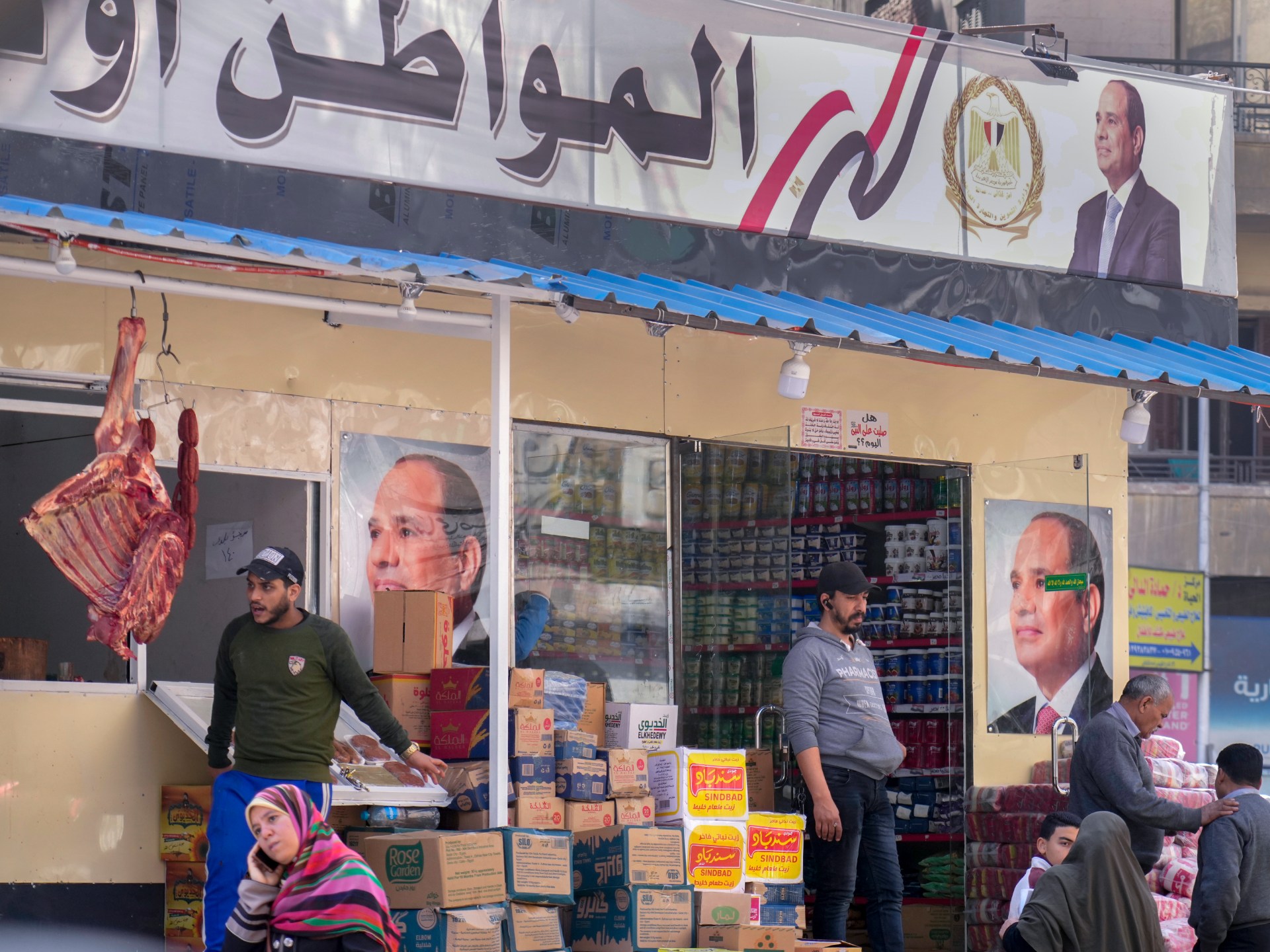
Under the changes, the president will have the power to appoint and dismiss the prime minister and cabinet members.
Malians approved changes to the constitution in a recent referendum that military rulers and regional powers said would pave the way for elections and a return to civilian rule.
The West African country’s electoral authorities said on Friday that 97 percent of the vote was in favor of change.
Announcing the results in the capital, Bamako, electoral commission chief Mustafa Cisse said turnout for Sunday’s referendum was 39.4 percent of the country’s 8.4 million registered voters.
Some of the proposed provisions of the new constitution drafted by the Transitional Council are controversial, with proponents saying they would strengthen fragile political institutions and opponents saying they would give the president too much power.

Under the constitutional changes, the president will “determine the nation’s policy”, a role assigned to the government under the country’s current constitution, which dates to 1992.
The head of state will have the right to appoint and dismiss the prime minister and cabinet members, and the government will be accountable to him and not to parliament, as is the case at present.
Other clauses grant amnesty to those behind previous coups, oversee public finance reforms and force parliamentarians and senators to declare their assets to crack down on corruption.
Poll observers reported several security incidents during the polls.
Voters in several villages were forced to flee after gunmen blew up polling stations and destroyed equipment, observers said.
There was little voting in large areas of northern Mali controlled by armed groups linked to al-Qaeda and ISIL (ISIS).
The United Nations and regional organizations such as the Economic Community of West African States (ECOWAS) see the referendum itself as an important test of whether the transition to military rule will stick and a nationwide democratic process will be sustained.
Mali has been under military rule since August 2020 when army officers, angered by a failure to deal with armed groups, forcibly ousted the country’s elected president, Ibrahim Boubacar Keita.
Source link




